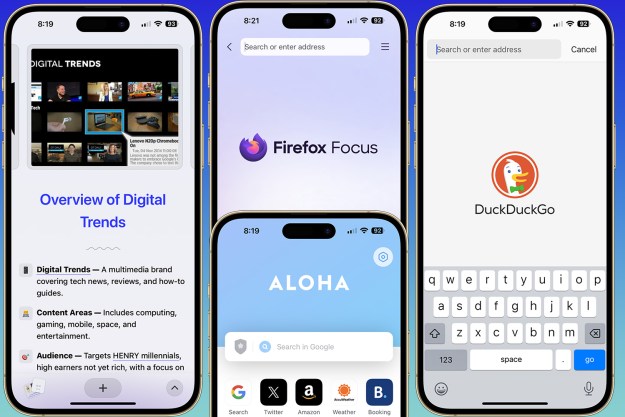
Beggars cannot be choosers, it seems. Once the singular darling of the enterprise market, Research In Motion has resorted to creating proprietary security system for the iPhone and Android handsets, which have rapidly begun to replace the BlackBerry as the serious smartphone of choice. The Web-based system, named Mobile Fusion, will be available in late March of next year, according to the official announcement.
In short, Mobile Fusion will bring BlackBerry-level security to other brands of smartphones. This has become a necessity of the enterprise market, which has begun allowing (read: requiring) employees to use their personal handsets for work purposes, as a way to cut costs.
Mobile Fusion is not simply an app. Instead, the software will be based entirely on RIM’s BlackBerry Enterprise servers, which until now have been used exclusively to support its BlackBerry devices. Mobile Fusion will allow IT departments to perform remote wipe, remote lock and other intrusive functions on devices connected to the system.
“What our enterprise customers are looking for, and the opportunity for us, is to become the de facto platform,” said Alan Panezic, vice president of enterprise product management, in an interview with Reuters. “We will take full advantage of whatever security capabilities are provided by the core operating system. We’re not going to hold that back in any way, shape or form.”
That said, RIM points out in the Mobile Fusion press release that “Device security, manageability and controls will continue to vary according to the inherent capabilities of the individual device operating systems,” which means there’s still some work to do before Mobile Fusion will provide the same level of security as an actual BlackBerry.
Editors' Recommendations
- Here’s how Apple could change your iPhone forever
- This one thing could make iOS 18 the best iPhone update in years
- We now know when Apple is adding RCS to the iPhone
- Your iPhone just got a new iOS update, and you should download it right now
- YouTube TV just got even better on iPhones and iPads


